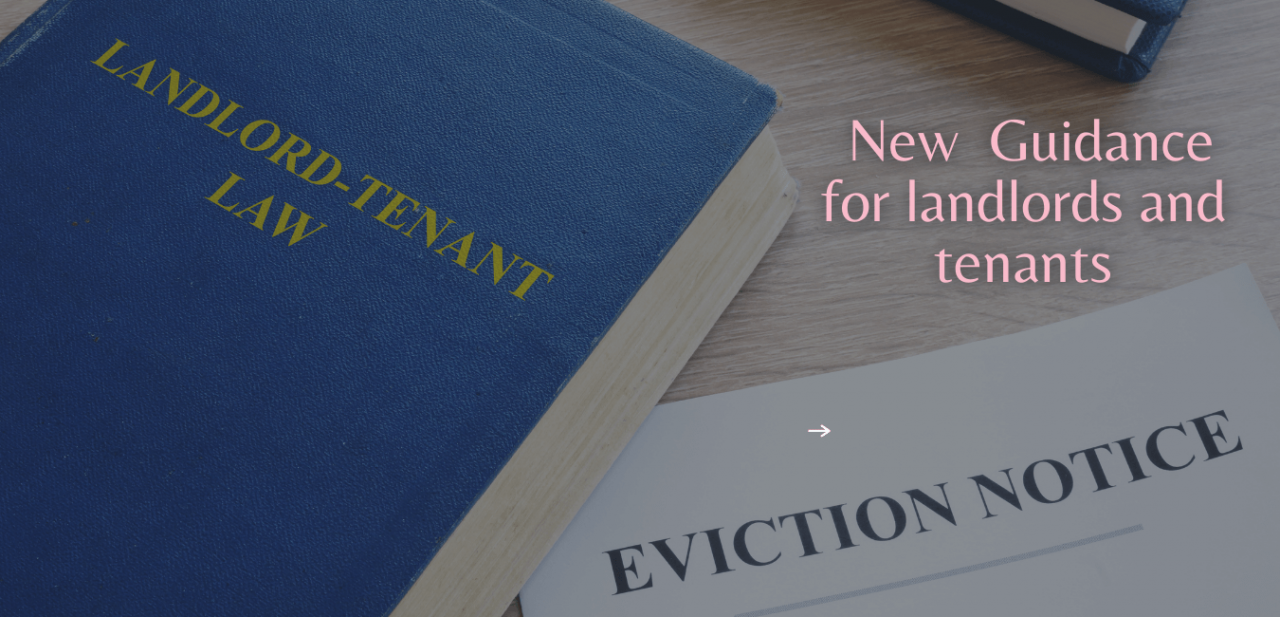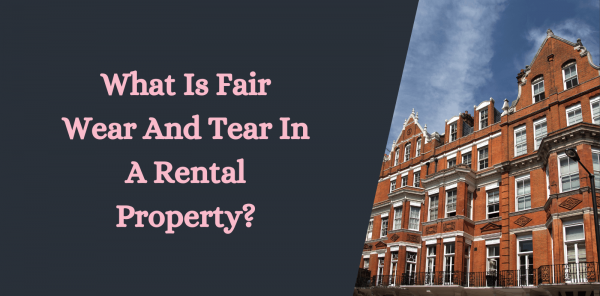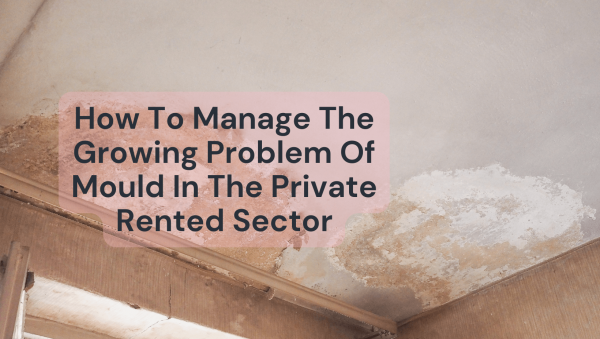
The Government announced new non-statutory for landlords and tenants in the private and social rented sectors.
This guidance is advisory and informs you about recent changes to the law. All guidance is subject to frequent updates and should be checked regularly for currency.
We urge all landlords and tenants to abide by the latest government guidance on COVID-19.
Notices seeking possession
Legislation has now been introduced, so landlords must now give tenants 6 months’ notice before they can evict until March 2021, except in the most serious of cases, such as incidents of anti-social behaviour and domestic abuse perpetrators.
The stay on possession proceedings has been extended until 20 September, meaning that in total no tenant can have been legally evicted for 6 months at the height of the pandemic.
For the most egregious cases, notice periods have returned to their pre-coronavirus levels, and landlords will be able to progress serious rent arrears cases more quickly.
These changes mean that from 29 August, landlords must provide at least 6 months’ notice period prior to seeking possession through the courts in most cases, including section 21 evictions and rent arrears under 6 months.
Notices served on and before 28 August are not affected by these changes, and must be at least 3 months.
The government is also helping landlords affected by the worst cases to seek possession; these are:
- anti-social behaviour (now 4 weeks’ notice)
- domestic abuse (now 2 to 4 weeks’ notice)
- false statement (now 2 to 4 weeks’ notice)
- over 6 months’ accumulated rent arrears (now 4 weeks’ notice)
- breach of immigration rules ‘Right to Rent’ (now 3 months’ notice)
In addition, new court rules have been agreed, which will come into force on 20 September meaning landlords will need to set out in their claim any relevant information about a tenant’s circumstances, including information on the effect of the COVID-19 pandemic. Where this information is not provided, judges will have the ability to adjourn proceedings.
The new legislation applies to both the private and social rented sectors in England, and to all new notices in relation to assured, assured shorthold, secure, flexible, introductory and demoted tenancies and those under the Rent Act 1977, but not to any notices issued before the legislation comes into force.
Courts will carefully prioritise the most egregious cases, including anti-social behaviour, fraud, and domestic abuse, ensuring landlords are able to progress the most serious cases, such as those involving anti-social behaviour and other crimes.
Further information
If a landlord made a claim to the court before 3 August, they must notify the Court and their tenant that they still intend to seek repossession before the case will proceed, including in section 21 cases.
More detailed guidance on using the courts and the new arrangements will be made available in advance of possession proceedings starting again..
From the 29th August, landlords must provide at least 6 months’ notice period prior to seeking possession through the courts in most cases, including section 21 evictions and rent arrears under 6 months. The validity of a section 21 notice has been extended from 6 to 10 months to accommodate this change.






Share this with
Email
Facebook
Messenger
Twitter
Pinterest
LinkedIn
Copy this link